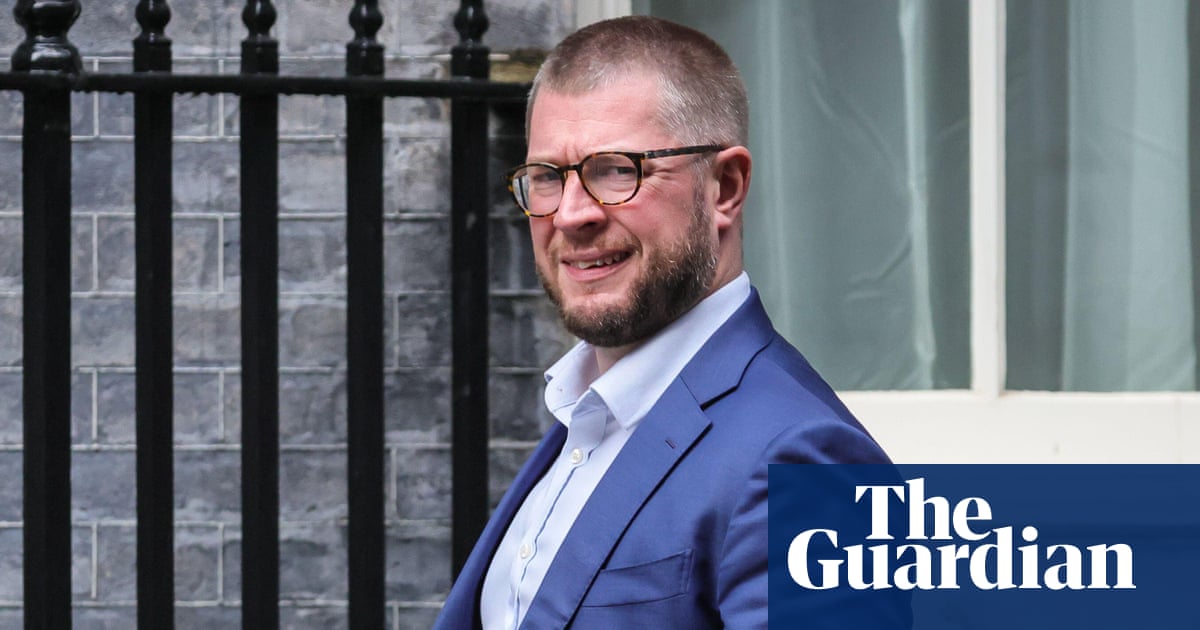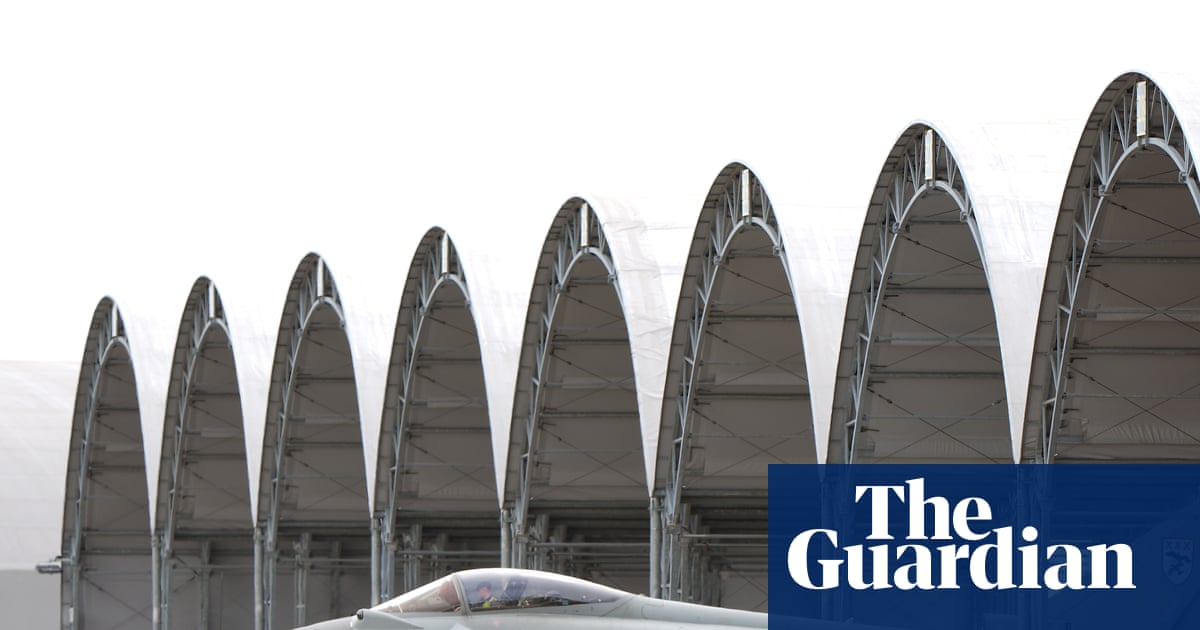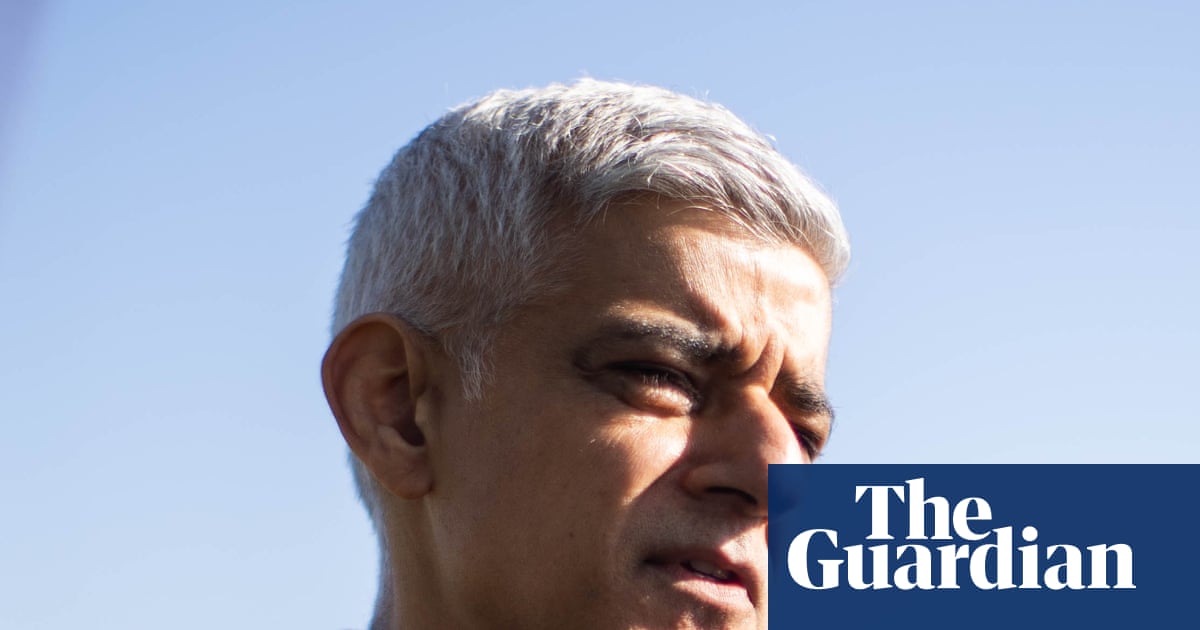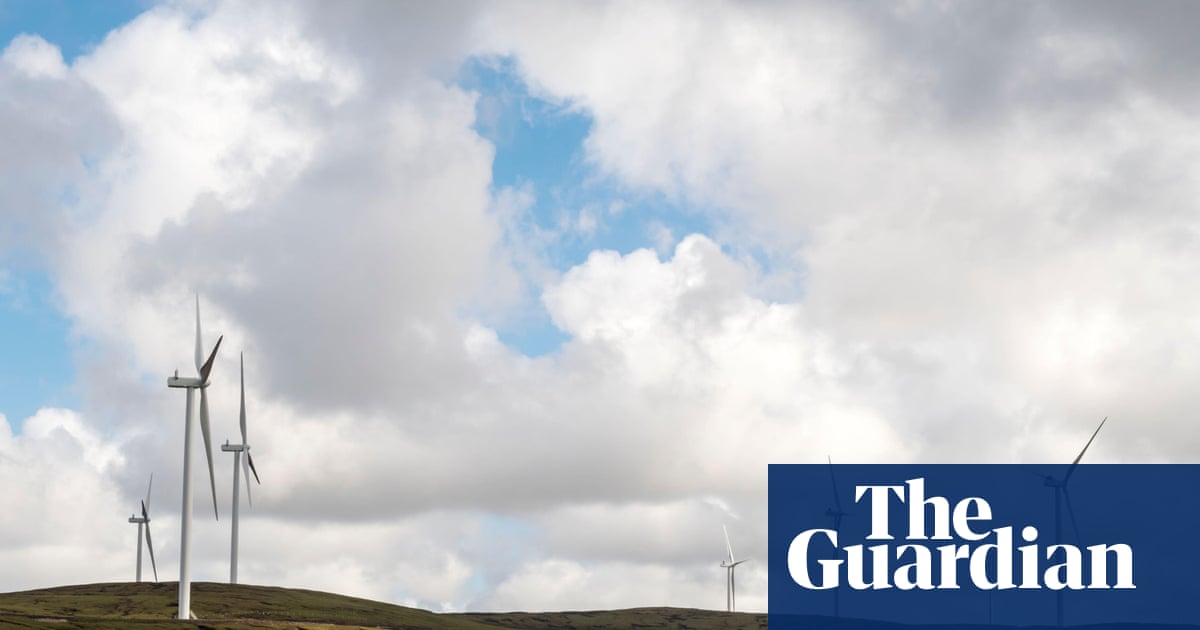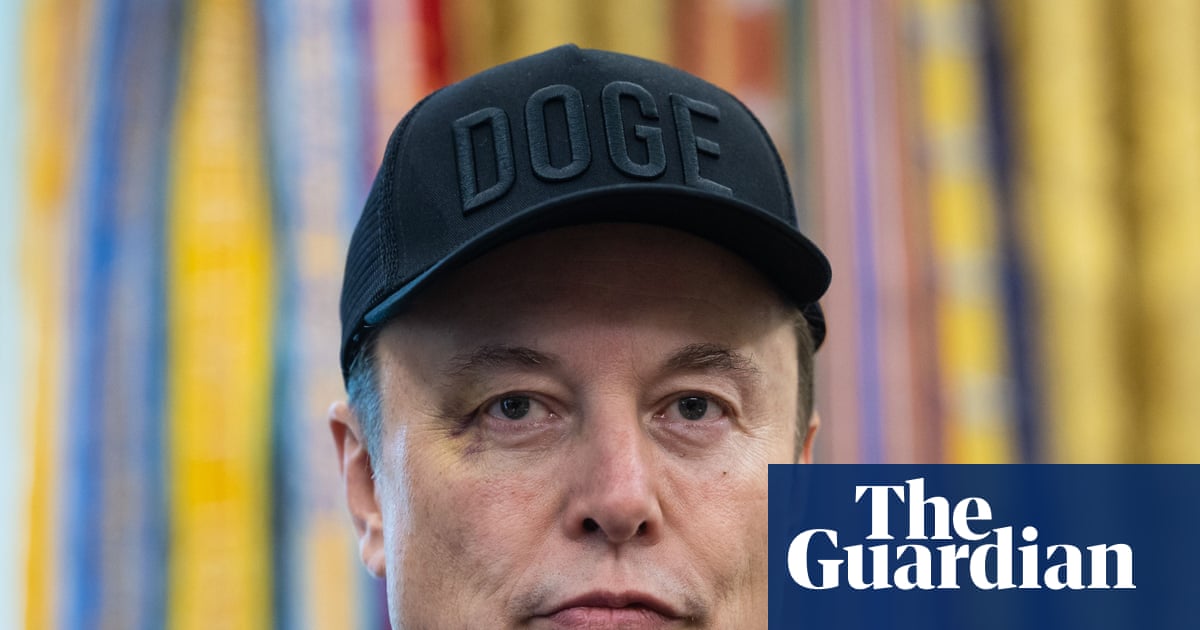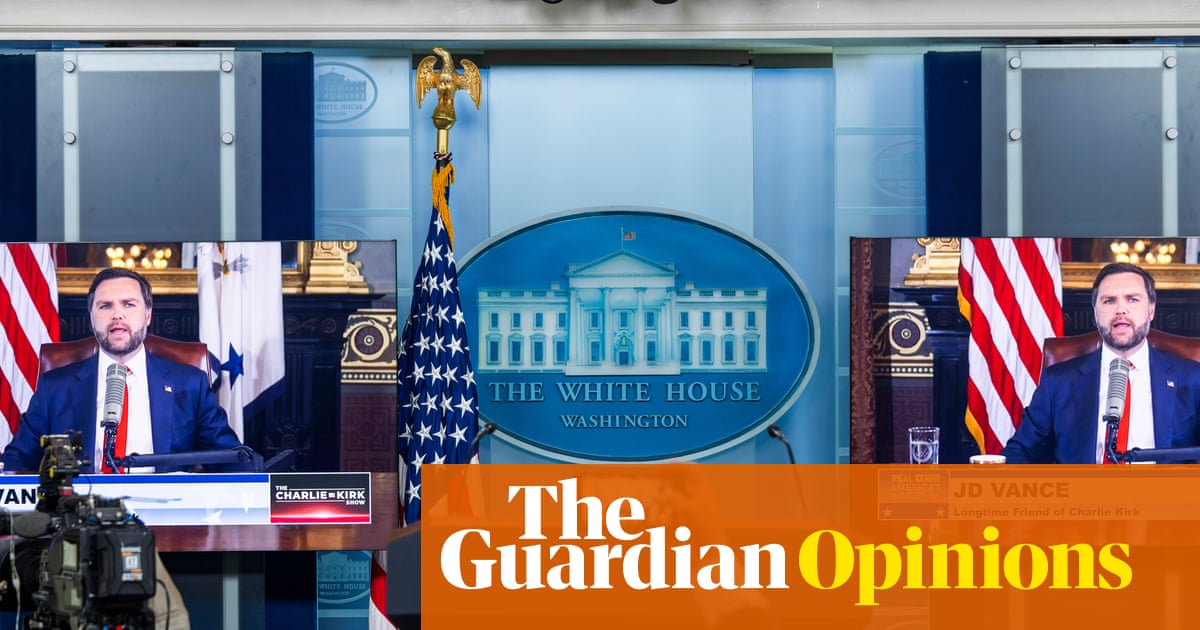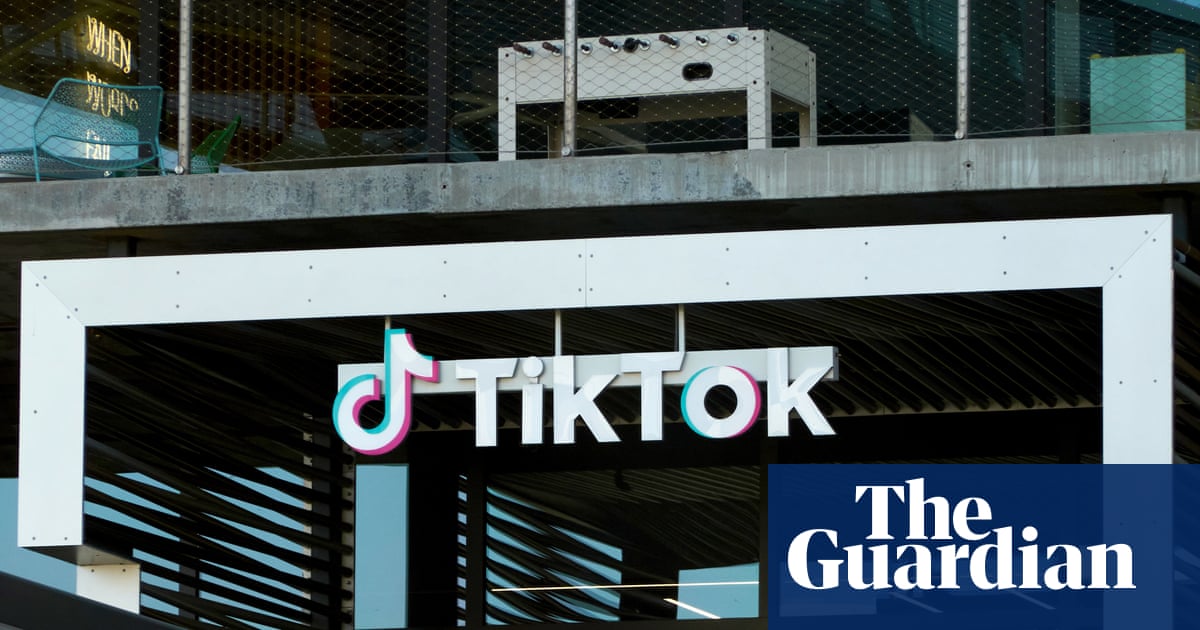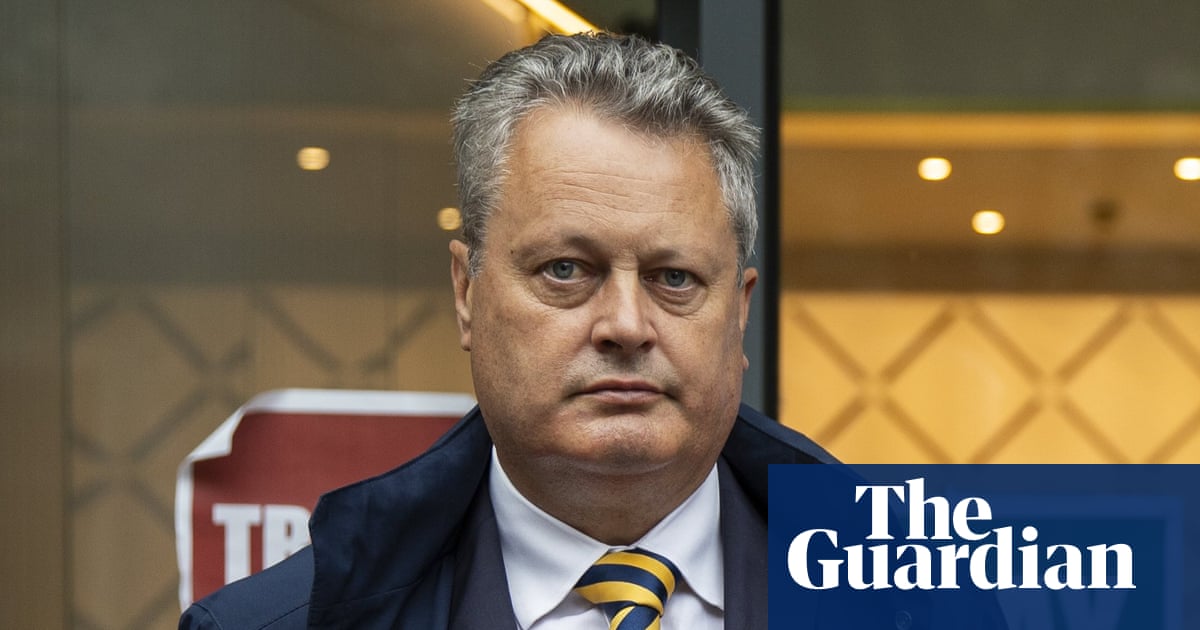European leaders will tell the European Commission later on Thursday whether they want a quick trade deal with the US, or favour a tough response to Donald Trump’s tariff threats.
The European Commission president, Ursula von der Leyen, is expected to update EU leaders over dinner on Thursday on trade talks with the US ahead of a looming 9 July deadline.
The commission is responsible for trade on behalf of the EU’s 27 member states, but is seeking a steer on how to approach the economically critical talks with the White House. Trump has threatened to impose 50% tariffs on all EU goods from 9 July unless the two sides reach a deal. Most EU goods already face a 10% tariff, with levies of 25% on cars and car parts, and 50% on steel and aluminium.
Arriving at the EU summit in Brussels, the German chancellor, Friedrich Merz, said he supported the commission “in all its endeavours to reach a trade agreement with the USA quickly”.
Ireland’s prime minister, Micheál Martin, said: “Getting a deal is important for certainty so that we know the landscape ahead of us and that industry knows the landscape ahead of it, so that we can protect jobs, which is our number one priority.”
Striking a more outspoken note, Spain’s prime minister, Pedro Sánchez, said Trump’s tariff threat was “doubly unfair”, because his country runs a trade deficit with the US. He was responding after Trump said Spain would “pay twice as much”, after Sánchez refused to commit to the 5% Nato spending target.
Diplomats are increasingly pessimistic about negotiating away the 10% baseline tariffs. As this reality sinks in, two approaches are emerging: a quick deal that would mean certainty for business, or retaliation to press for something better. “Do we go into aggressive retaliation mode or are we less vocal and do a quick deal,” said one source.
The US has shown little obvious interest in the EU’s offer of a “zero-for-zero” free-trade zone on industrial goods, while continuing to attack the bloc’s tech regulation and VAT rules. Earlier this week, von der Leyen reiterated that changes to the EU’s Digital Markets Act – regulation affecting US tech companies – was off the table. “Of course we discuss tariff lines, we discuss non-tariff barriers like standards and norms … but where it is the sovereign decision-making process in the European Union and its member states that is affected this is too far.”
Belgium’s prime minister, Bart De Wever, said tariffs should be avoided at all costs. “So we will not allow ourselves to be provoked, we will remain calm, we will negotiate and we hope to reach an agreement. If this is not the case, we will naturally adopt countermeasures, but these will be appropriate countermeasures,” he said.
The EU has suspended levies on €21bn US goods until mid-July to allow more time for negotiations. The bloc is consulting on further retaliatory tariffs targeting €95bn of US goods, although the final total is likely to be smaller, if approved. The EU previously dropped plans to target American bourbon, after protests from France and Ireland, who feared retaliation against French cognac and Irish whiskey.
Merz, under heavy pressure from German industry to strike a quick deal, criticised the EU’s approach as too complicated at an industry conference in Berlin on Monday.
He also suggested the EU should concentrate on negotiating in five sectors including the automotive and steel industries, which have been already been hit with tariffs, and pharmaceuticals, which remain in Trump’s crosshairs.
after newsletter promotion
Peter Leibinger, president of the German Federation of Industries (BDI), said at the same conference that he [Merz] needed to “carry the pain” being felt by German manufacturers to the Brussels bubble.
The BDI said the tariffs would cost the German economy approximately 0.3 percentage points of growth, depressing an economy “where industrial production remains significantly below the pre-crisis level of 2019”.
The EU’s chief trade negotiator, Maroš Šefčovič, said: “The car industry of Europe, it’s clearly bleeding. And really to have tariffs at the level of 27.5%, which is a scary state, it is clearly unsustainable.” Carmakers face a 25% tariff, in addition to the 2.5% that pre-dated Trump’s second term.
Šefčovič said his “one wish” was unity in the EU’s approach. He was “ready to fight tooth and nail” for the EU’s interests, telling German business leaders to “talk to us, criticise us, but support us”.
He also revealed he was seeking an insurance clause in any deal: “I think it would be clearly desirable … that we would have some kind of stand still clause, which would kind of prevent a surprise with sudden spikes [in tariffs] and volatility.”

.png) 2 months ago
43
2 months ago
43



